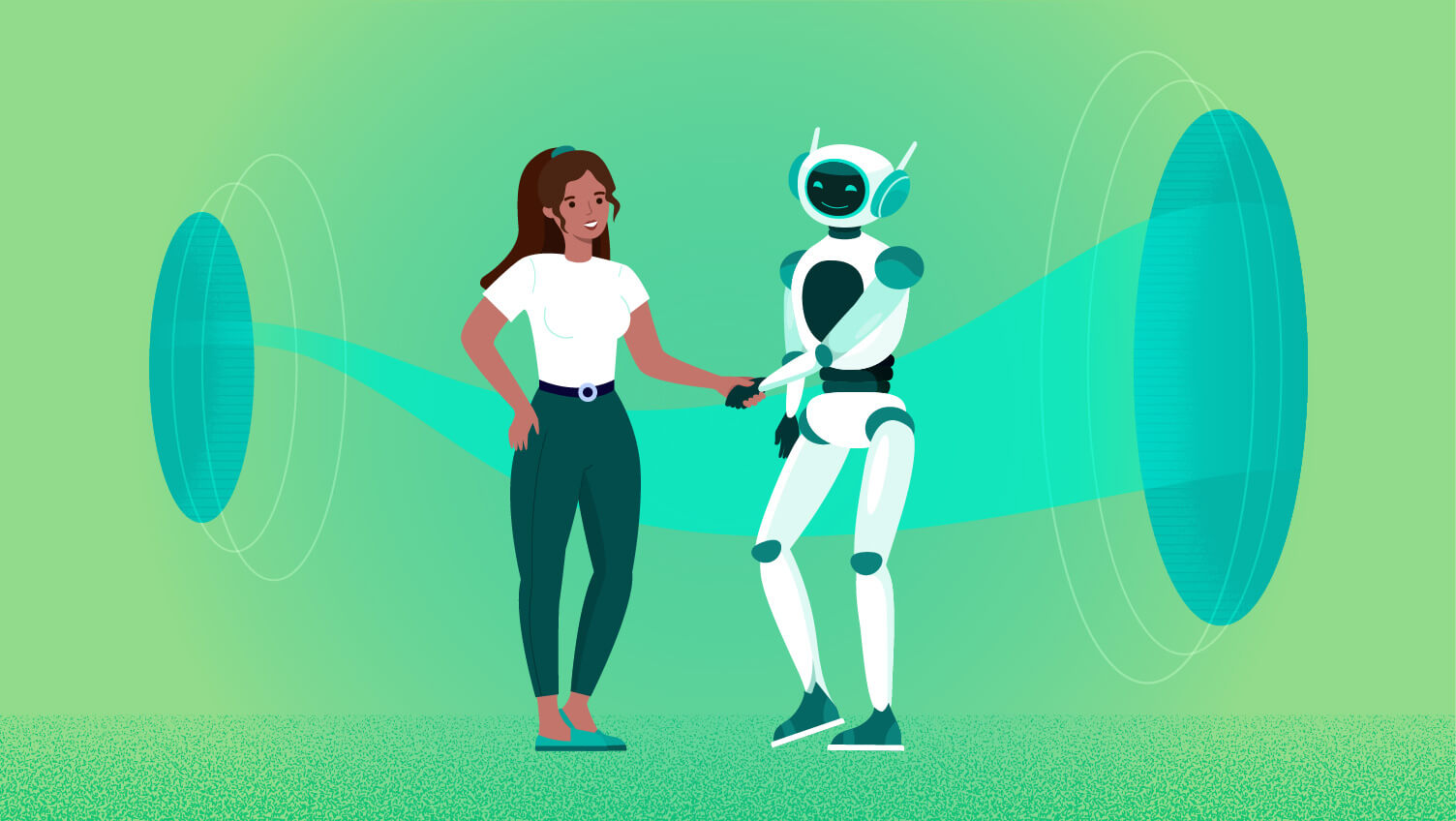Pioneering
Creative
Excellence
NEXTIFY

Artificial intelligence (AI) is no longer a concept reserved for sci-fi movies or high-tech research labs. It’s already here, woven into the fabric of our everyday routines. From the moment we wake up and check our phones, to the way we commute, shop, communicate, and even receive medical care — AI is shaping the way we live, work, and think.
As technology continues to advance at an exponential pace, the role of AI in our daily lives is set to grow in remarkable and sometimes unpredictable ways. Let’s explore how AI is already impacting our lives and what we can expect in the near future.
One of the most visible areas where AI is making a difference is in our homes. Smart home assistants like Amazon Alexa, Google Assistant, and Apple’s Siri have become digital companions, helping us control everything from lights and thermostats to music and grocery lists.

AI in education: Personalized learning experiences
AI is transforming how we learn. Online platforms like Duolingo, Khan Academy, and Coursera use AI to adapt to students’ progress and learning styles. Teachers can use data-driven tools to track student performance and offer targeted support. Soon, we’ll see AI-driven virtual tutors that understand a student’s strengths and weaknesses, offering personalized feedback and study plans. Language learning will become more immersive with AI-powered speech recognition and real-time translation. Education will be more accessible and tailored to individual needs, regardless of location or background.
AI and work: The future of the workplace
The workplace is evolving rapidly thanks to AI. From automating repetitive tasks to analyzing massive datasets, AI is making employees more productive and enabling businesses to make better decisions. But as AI grows, it will also reshape job roles. While some routine jobs may be replaced, new opportunities will emerge in AI ethics, data science, human-AI collaboration, and more. Upskilling will become essential as humans focus on creativity, strategy, and emotional intelligence — areas where AI still struggles.
As AI becomes more prevalent, ethical considerations will be critical. How do we ensure that AI is fair, transparent, and unbiased? Who is responsible if an AI system makes a harmful decision? Governments, developers, and communities will need to work together to set regulations and ethical standards. There’s also the question of privacy. As AI collects and analyzes more data, protecting personal information will become a major concern. Balancing innovation with responsibility will be key to ensuring AI serves humanity in positive ways.
With custom software, you own the code and have full control over how it's used, updated, and maintained. You're not bound by vendor restrictions or forced updates — giving you the freedom to adapt your solution as your strategy evolves.
Final thoughts
The future of artificial intelligence in our daily lives is not a distant dream — it’s a growing reality. From smarter homes and better healthcare to safer roads and personalized learning, AI holds incredible potential to improve the way we live.
However, with great power comes great responsibility. As we embrace AI’s benefits, we must also remain aware of the challenges it presents. Education, regulation, and ethical frameworks will help guide us toward a future where humans and intelligent machines can thrive together.
In short, the future isn’t just about machines becoming smarter — it’s about making human lives better through thoughtful innovation.

